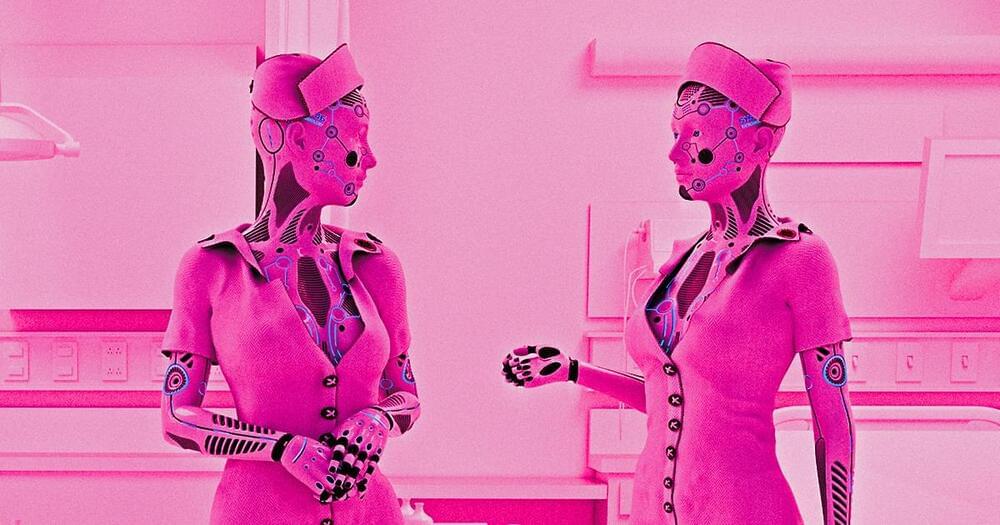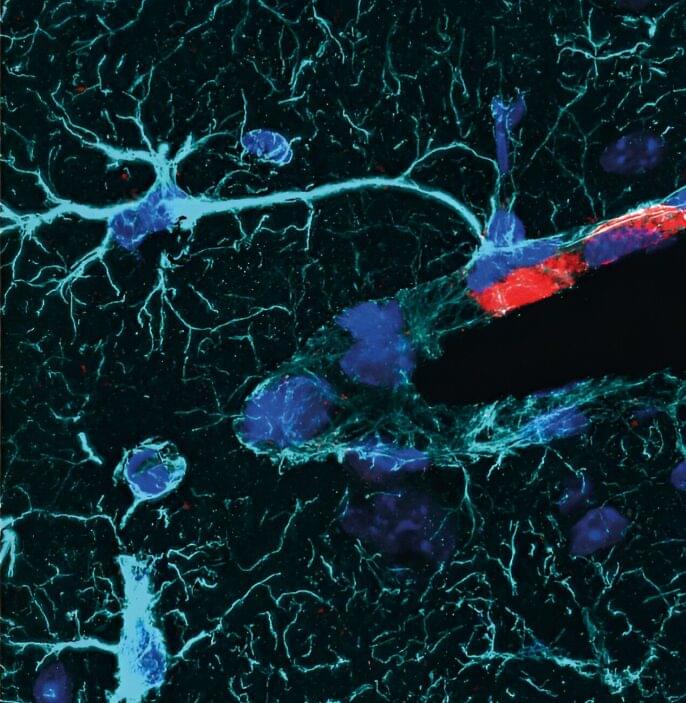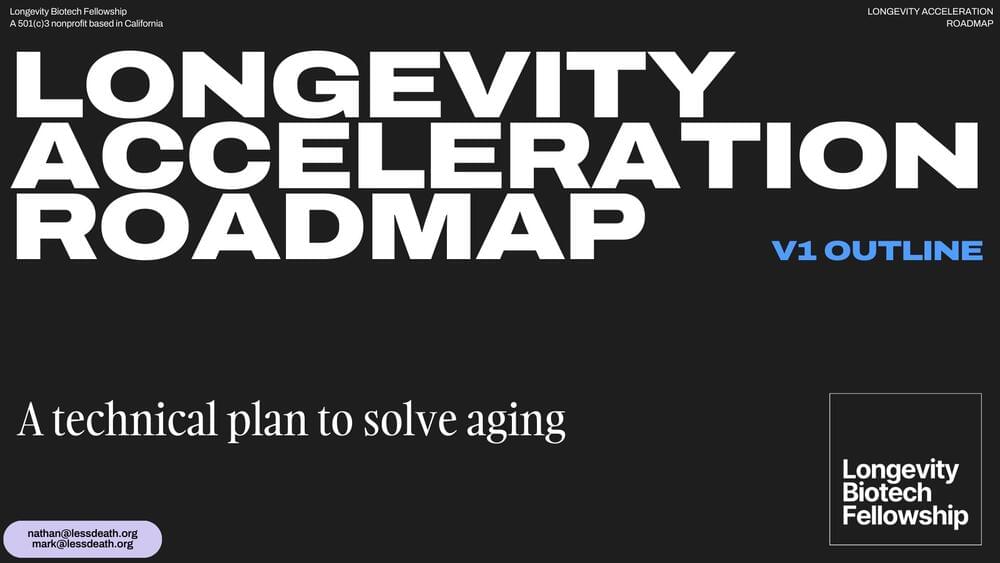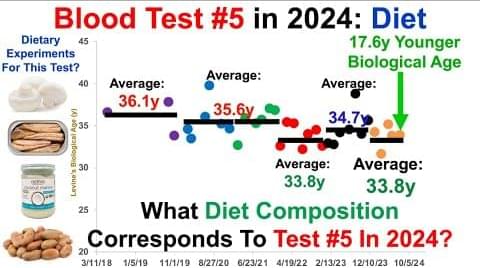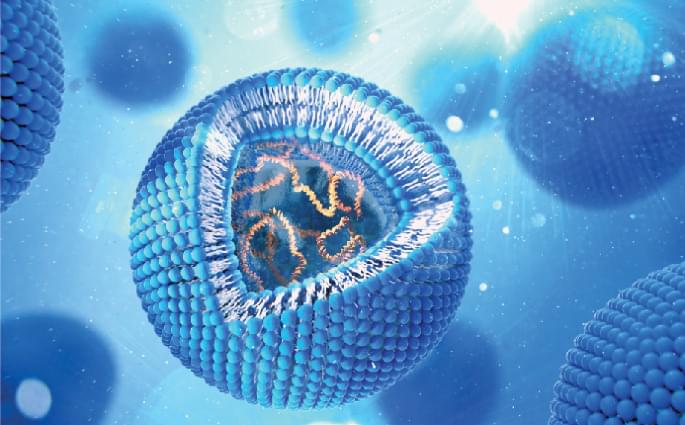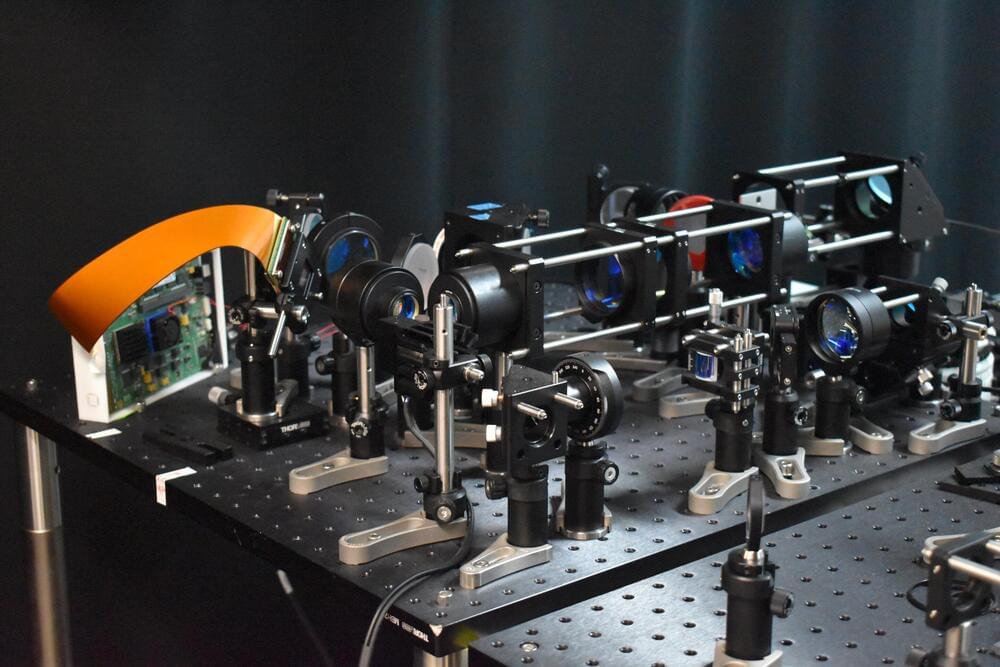
Gut health has been making headlines for years, but its impact on heart health is only now unfolding. A new study from Cleveland Clinic and Tufts University researchers has uncovered a link between gut bacteria and heart health that could revolutionize cardiovascular care for seniors. This groundbreaking research suggests that the key to a healthy heart in our later years might be influenced by the microscopic inhabitants of our digestive system.
The study, published in Circulation: Heart Failure, followed nearly 12,000 initially healthy participants for almost 16 years. Researchers focused on the gut microbe called trimethylamine N-oxide (TMAO), which is produced when gut bacteria digest certain nutrients found in red meat and other animal products. The researchers discovered that elevated levels of TMAO in the blood were strongly associated with a higher risk of developing heart failure, even after accounting for other known risk factors.
Stanley Hazen, MD, PhD, chair of Cardiovascular and Metabolic Sciences in Cleveland Clinic’s Lerner Research Institute and the study’s senior author, emphasized the significance of these findings for predicting heart failure risk in seemingly healthy individuals. “Regular measurement of blood TMAO levels predicted incident risk for heart failure development during long-term follow-up,” he explained. This discovery opens new possibilities for early intervention and prevention strategies, particularly important for the elderly population who are at higher risk for heart-related issues.
